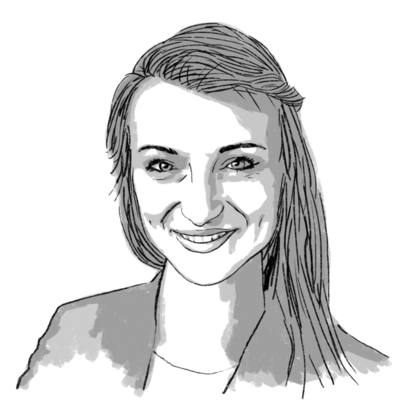President Joe Biden emphasized unity at his inaugural address. But as he begins tackling the nation’s many crises, translating that ideal into action may be easier said than done.
Monitor Daily Podcast
- Follow us:
- Apple Podcasts
- Spotify
- RSS Feed
- Download
 Eva Botkin-Kowacki
Eva Botkin-Kowacki
They come by plane, snowmobile, and sled. In subzero temperatures, an all-female team of medical workers are bringing precious cargo – the COVID-19 vaccine – across the frozen Alaskan tundra to remote villages using whatever transportation is necessary. At times, they’ve had to wrap the vaccine in extra protection from the cold, even tucking it under their coats to keep it from freezing.
“It’s challenging getting the vaccine up here to begin with, and then getting it out to the villages brings on a whole new set of challenges and logistical issues,” Meredith Dean, a resident pharmacist on the team, told Good Morning America.
The team’s efforts echo the famous 1925 serum run to Nome, when diphtheria antitoxin was transported across the then-U.S. territory of Alaska by dog sled relay. (You might know this tale from the 1995 movie “Balto.”)
But Alaska isn’t the only place where health care workers are going the extra mile to make sure their rural patients aren’t left behind as the COVID-19 vaccine rolls out. A doctor in Michigan has been hand-delivering doses from the MidMichigan Medical Center in Midland to the hospital in the small city of Alpena, a drive of almost 150 miles.
It was “much like delivering a new baby and handing that baby off to parents, who have just spent months and sometimes years thinking and dreaming and placing their hopes in that baby,” Dr. Richard Bates told CNN.










